Apple Vision Pro VR headset is revealed — and it will blow your mind
ONE MORE THING
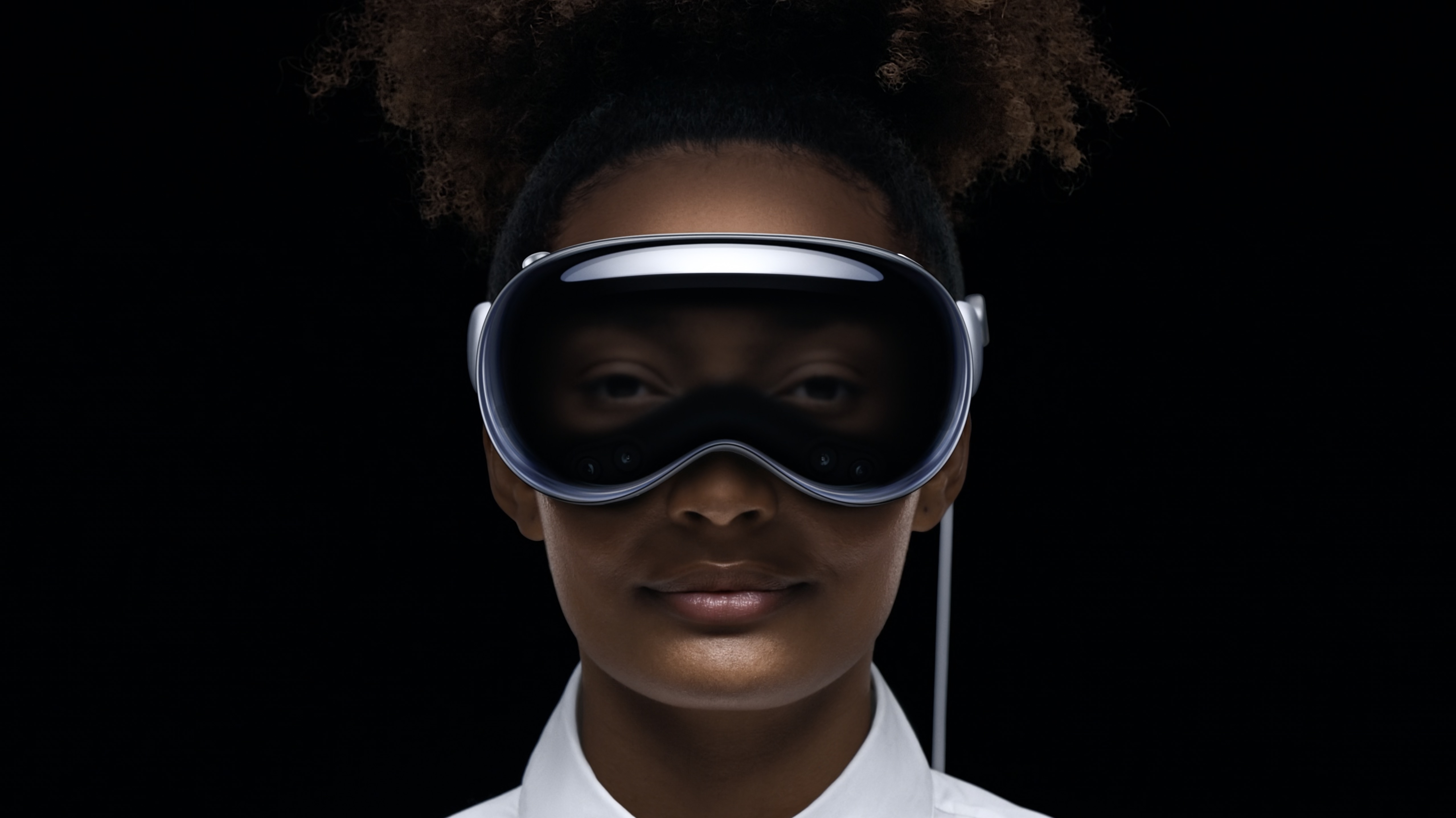
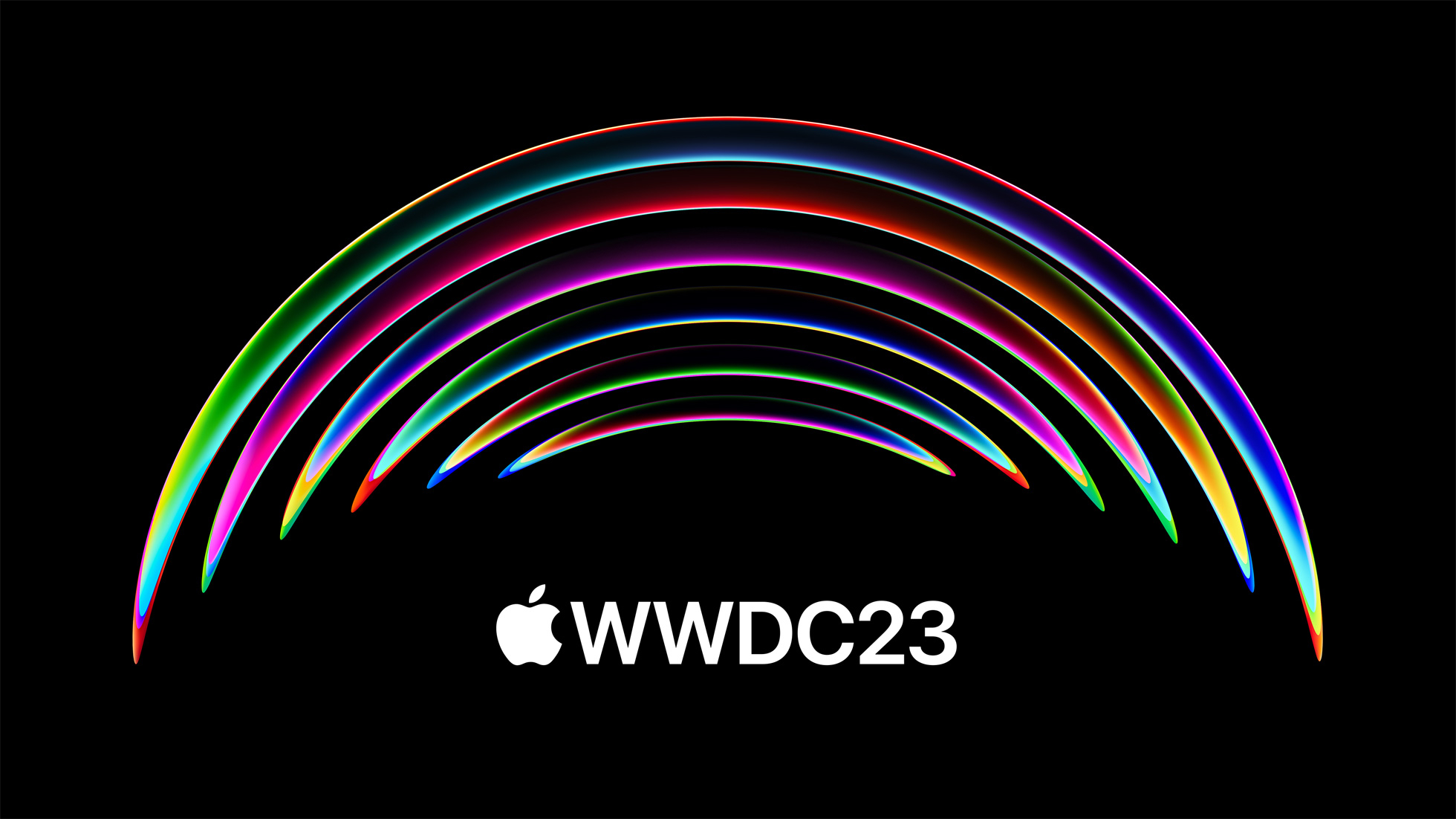
- WWDC 2023 - live updates
- Apple VR and the Vision Pro headset
- iOS 17
- macOS 14
- iPadOS 17
- watchOS 10
The worst-kept secret in all of tech, Apple Vision Pro, was finally revealed at WWDC 2023. Introducing Apple Vision Pro the result of years of work and R&D from the Cupertino company (5,000 patents!) and the first truly new product from Apple in years — and perhaps its most ambitious venture to date.
Apple Vision Pro is an augmented reality headset with straps and an external battery pack that can capture photos and videos, show movies, and more. It's a fully 3D interface with no controllers, and it features stunning control of apps in the space around you, even casting shadows on the real world.
Apple Vision Pro will cost an eye-watering $3,499 and is coming to the US early next year.
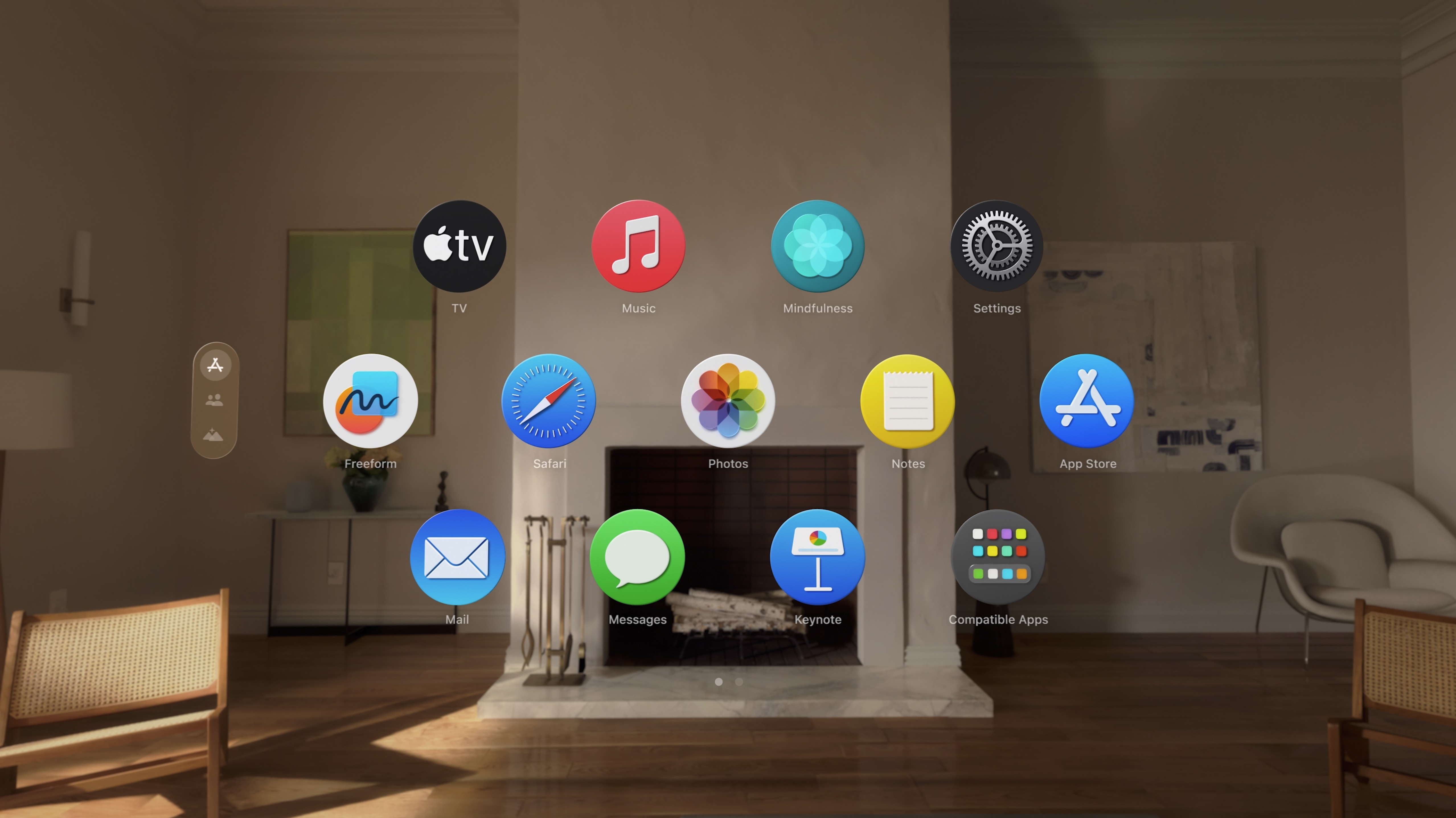
Apple Vision Pro can be used in "environments" for watching movies in a forest, for example, using the Digital Crown to adjust the level of immersion. Vision Pro relies solely on your eyes, hands, and voice to control it.
It features apps including Apple TV, Photos, Mail, Messages, Music, Freeform, Safari, and more. It also has its own App Store, and of course, can be controlled using dictation and Siri.
Apple says that a foundational goal was to ensure you weren't disconnected from reality, and to that end it has a screen that can display your eyes, a technology that Apple calls EyeSight.
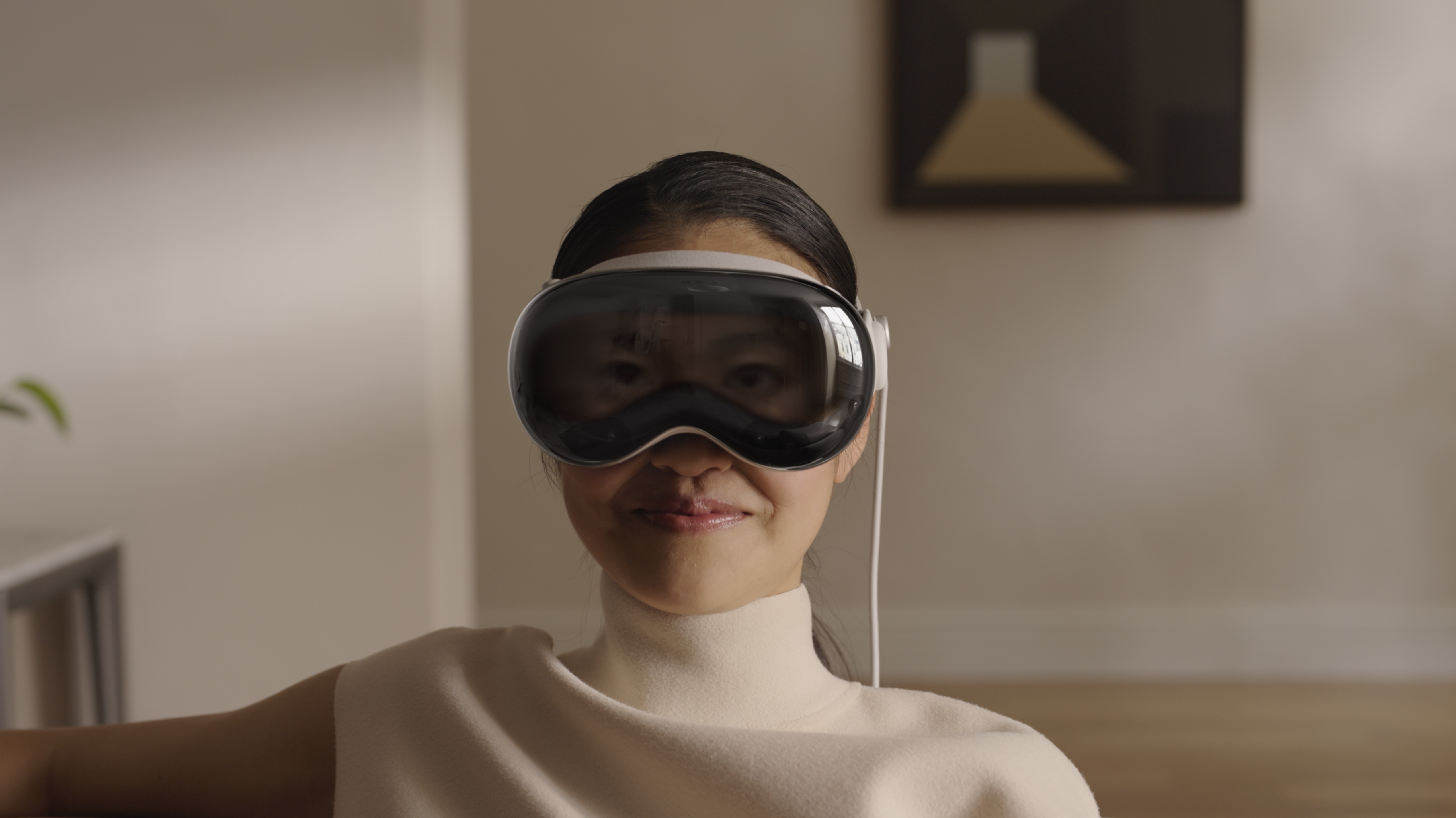
Vision Pro can show people who are nearby in the midst of your AR experience. Apple says the headset can be used for work, and that it synchronizes perfectly with your iPhone and iPad. You can browse large web pages with Safari and use multiple windows on a large, immersive desktop. You can even look at 3D objects in Messages while continuing to engage with the world around you.
Master your iPhone in minutes
iMore offers spot-on advice and guidance from our team of experts, with decades of Apple device experience to lean on. Learn more with iMore!
It has a virtual Magic Keyboard and Magic TrackPad, and you can also use your Mac wirelessly with the Vision Pro headset, giving you a massive, private 4K display and running other apps alongside it. You can also use Vision Pro to collaborate on documents, and it has spatial FaceTime!
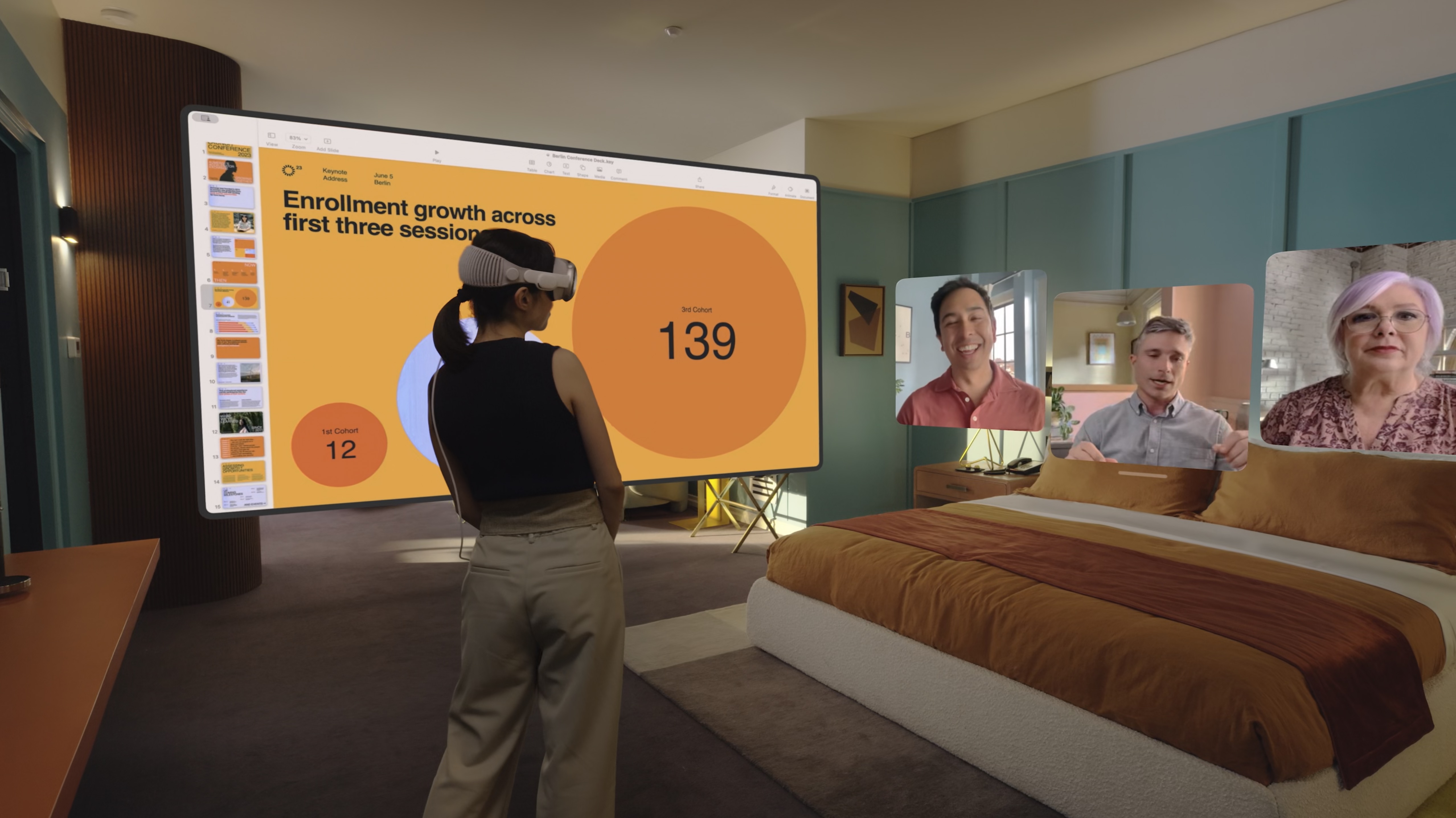
Apple says users of its new headset can view panoramas in life-size as taken from an iPhone, and Vision Pro can take 3D photos with a camera that can then be viewed at a later date, as well as shooting Spatial Audio.
Vision Pro can also transform your space into a massive cinema with dimmed light and Spatial Audio, with viewing of up to 100 feet using the environment settings. Vision Pro also supports 3D movies with depth and motion.
Beyond just work, Vision Pro is designed for play. It supports gaming on a ginormous screen, with 100 Apple Arcade titles available. It doesn't have immersive VR games (yet).
Disney is also on board with some immersive Apple Vision Pro experiences. The Disney Plus app is coming to Apple Vision Pro with special environments for shows like the Mandalorian, incredible immersive sports viewing, and more.
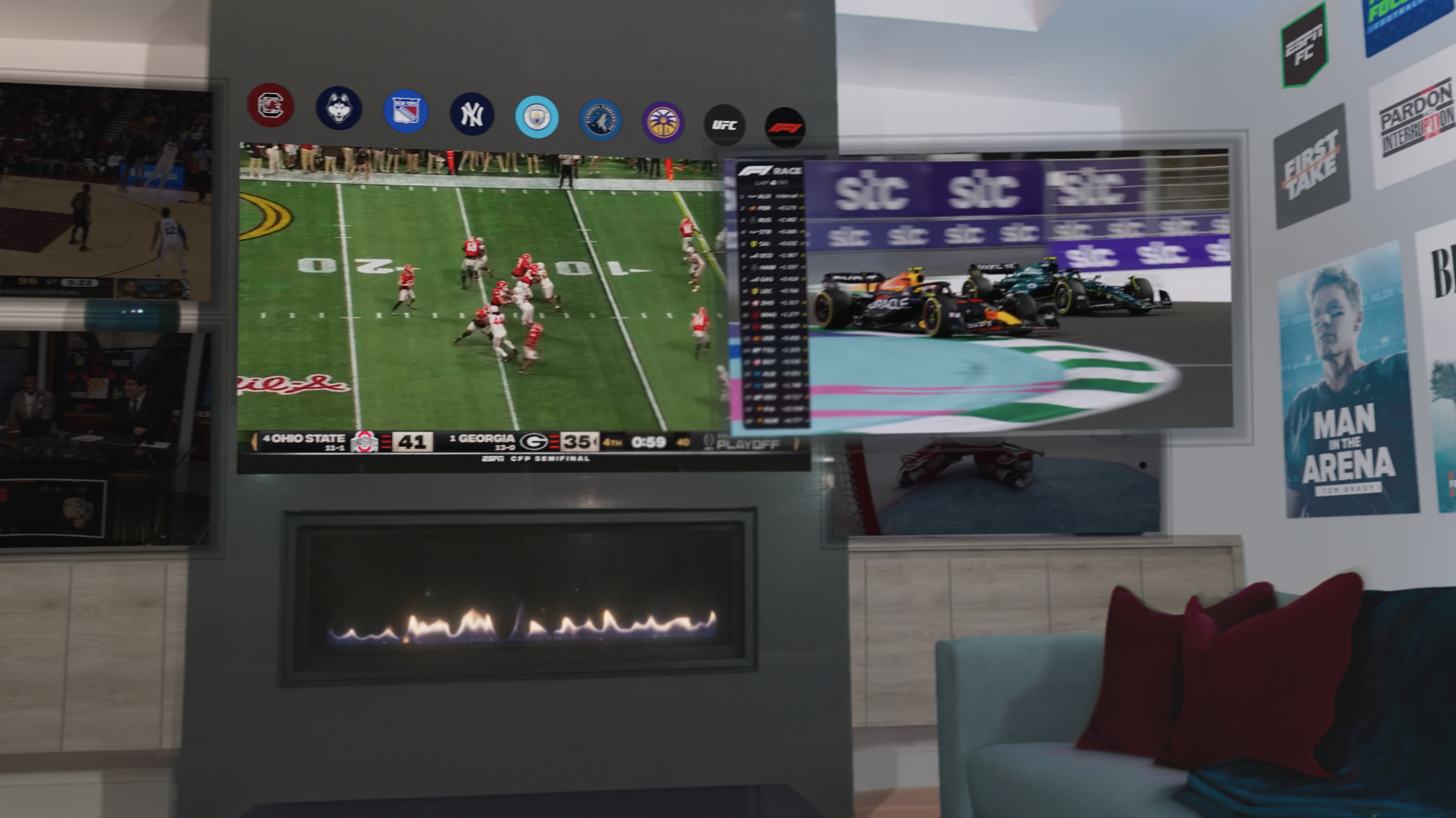
Apple Vision Pro design
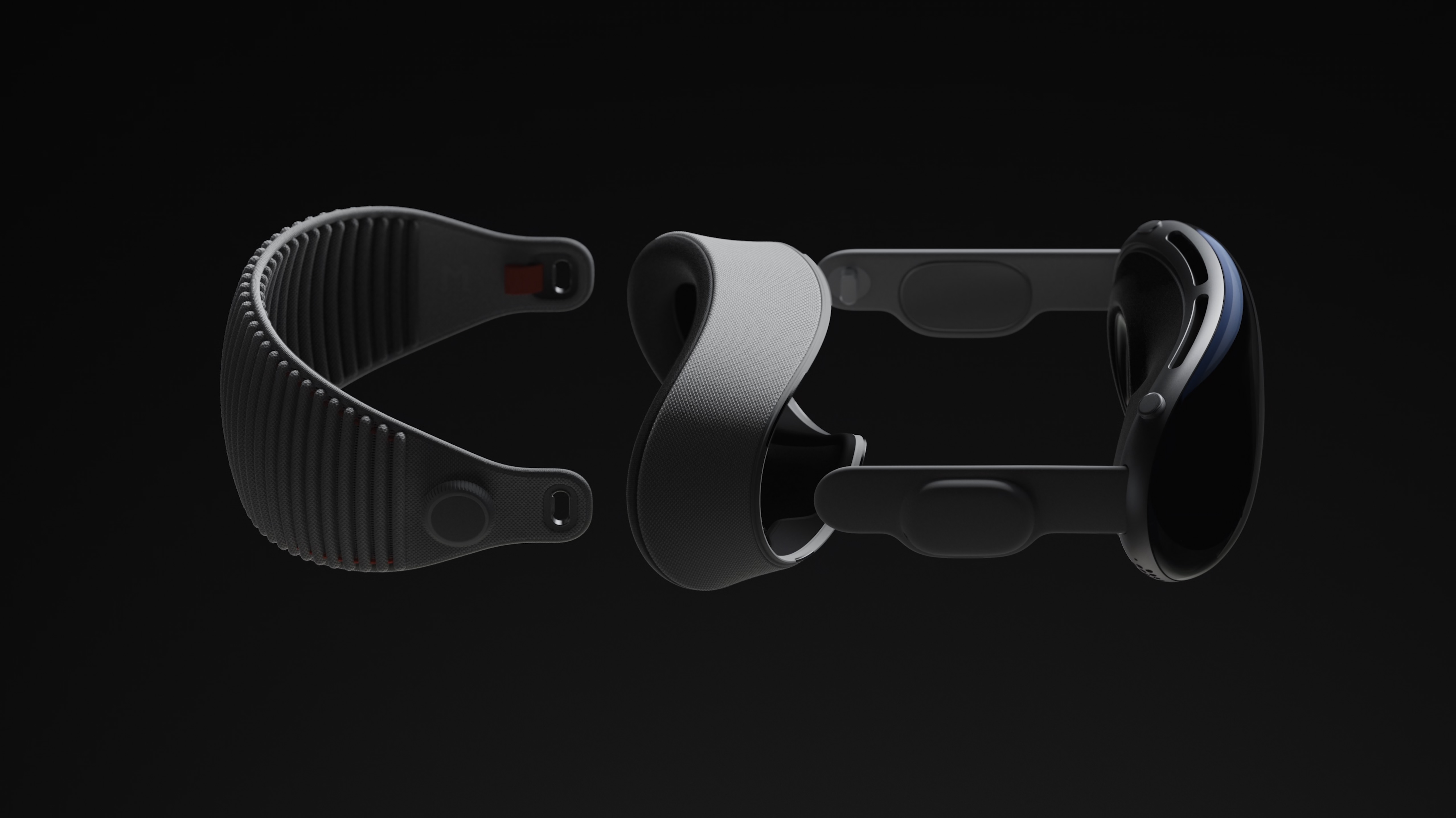
Apple Vision Pro is a single piece of 3D glass, acting as a lens. It contains cameras with a lightweight frame, featuring a Digital Crown and a button for capturing 3D photos. The custom aluminum alloy wraps around your face and is compact, featuring all of the sensors and a high-performance computer complete with a quiet fan.
The band is a soft, comfortable textile. There are different shapes and sizes of frame and feature built-in audio pods for Spatial Audio, so you won't need separate headphones. There's an adjustment dial, and thanks to the Zeiss company, optical inserts that magnetically attach to inserts will support those who need prescription glasses. It has all-day use when plugged in or a separate external battery that's good for two hours.
The new Vision Pro features 23 million pixels on its micro OLED display, with more pixels than a 4K tv per eye. The audiopods have dual drivers for creating Spatial Audio, matched to your room and tweaked with personalized settings.
Apple Vision Pro is powered by the M2 Apple silicon chip, and also features a special new R1 chip for real-time sensor processing, handling the input from the cameras, sensors, and microphones.
The 3D display projects a user's eyes, making the headset look transparent. Excitingly, some iPhone and iPad apps will run natively on Apple Vision Pro, and 3D games built using Unity will also get native support, paving the way for some stunning games.
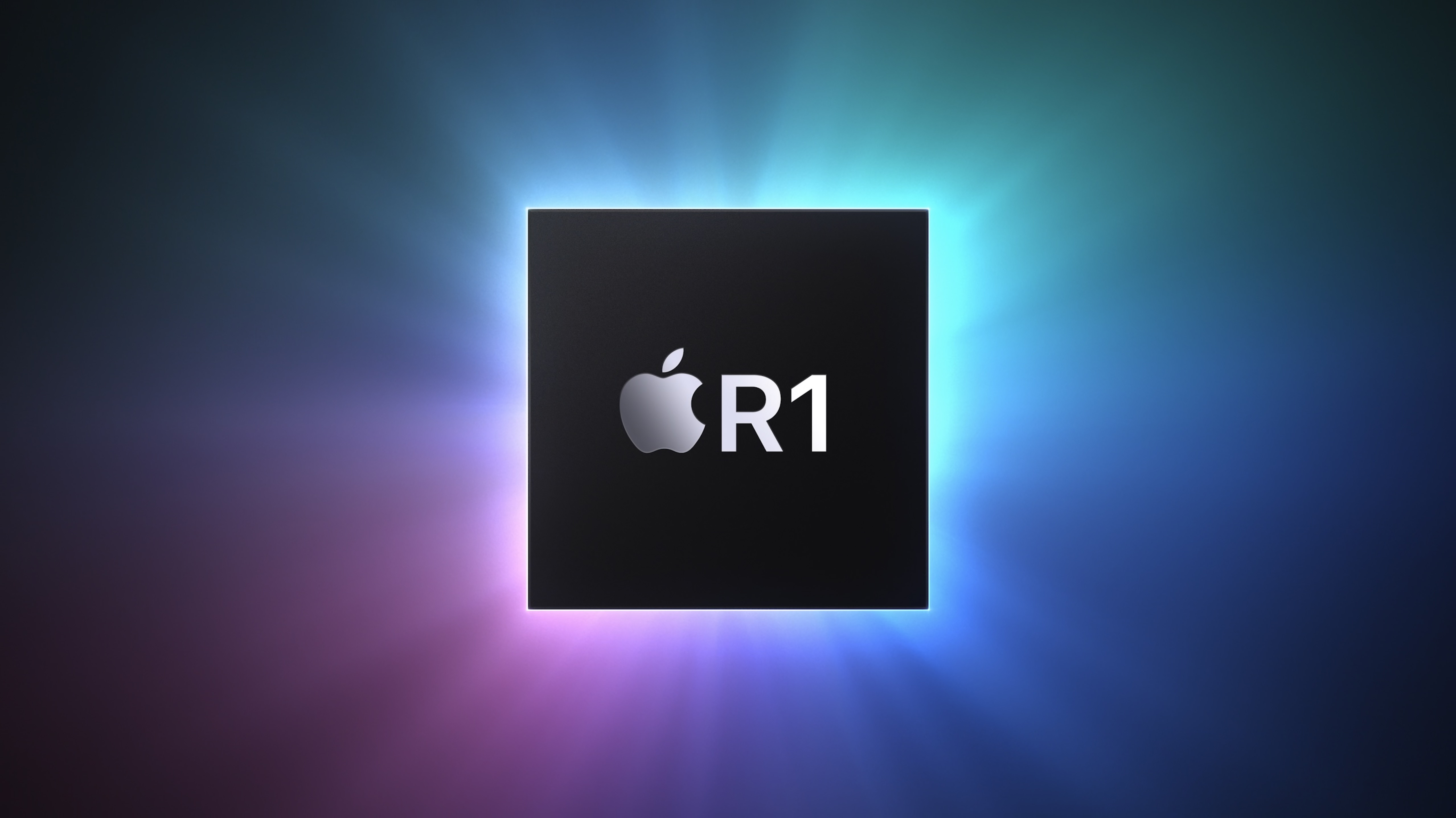
Apple Vision Pro also has Optic ID for biometric authentication of Apple Pay and password autofill.
It's been a tumultuous development cycle for Apple VR, with reports of uncertain direction, manufacturing difficulties, and concern over what would constitute the device's so-called 'killer-app' swirling around the product for months. But in true Apple fashion what has been revealed here is, at the very least, a supremely engineered product, one that makes the competition look like a first draft by comparison.
Such a premium product was always going to command a high price, and a real battle will be on to see whether it or the recently revealed, much more affordable Meta Quest 3 proves the most popular. And that's before finding out whether mass market appeal for VR exists beyond a hardcore gaming niche.
Regardless, it's a confident reveal from Apple — even if faith in the VR market and the much-maligned metaverse remains rocky.
We're covering all the WWDC 2023 announcements live and as they happen. Don't miss all our Apple VR, iOS 17, macOS 14, iPadOS 17, and watchOS 10 analysis so far.

Stephen Warwick has written about Apple for five years at iMore and previously elsewhere. He covers all of iMore's latest breaking news regarding all of Apple's products and services, both hardware and software. Stephen has interviewed industry experts in a range of fields including finance, litigation, security, and more. He also specializes in curating and reviewing audio hardware and has experience beyond journalism in sound engineering, production, and design. Before becoming a writer Stephen studied Ancient History at University and also worked at Apple for more than two years. Stephen is also a host on the iMore show, a weekly podcast recorded live that discusses the latest in breaking Apple news, as well as featuring fun trivia about all things Apple. Follow him on Twitter @stephenwarwick9
